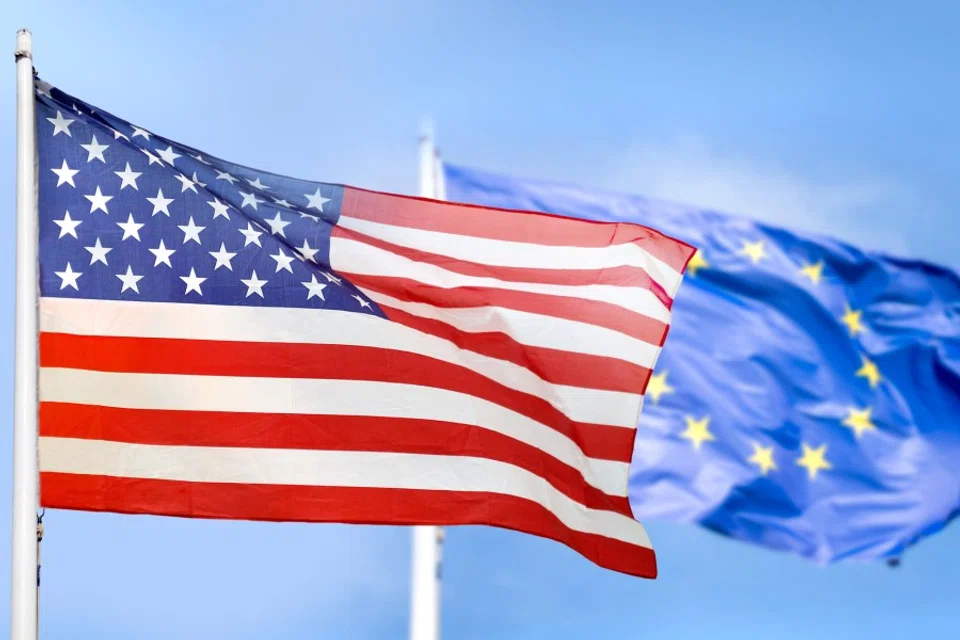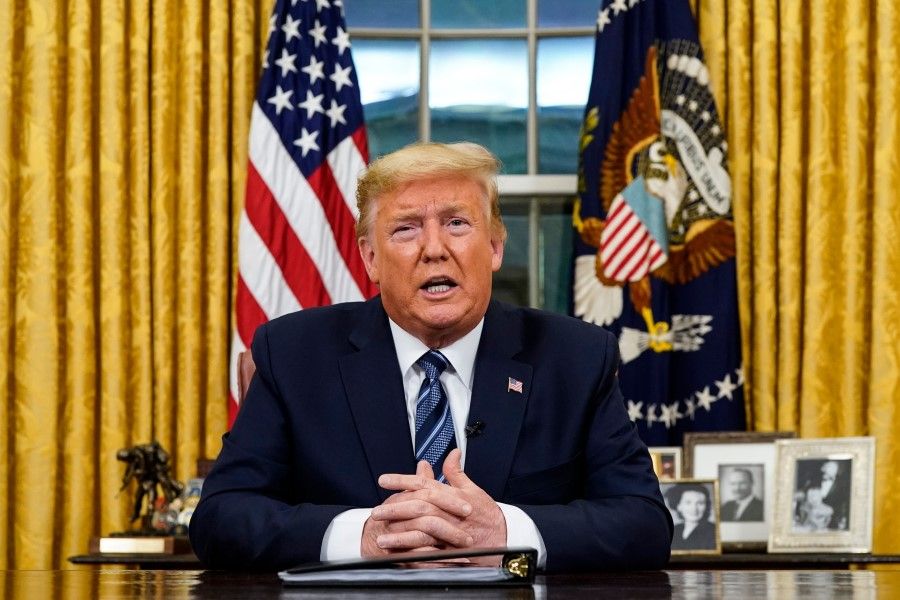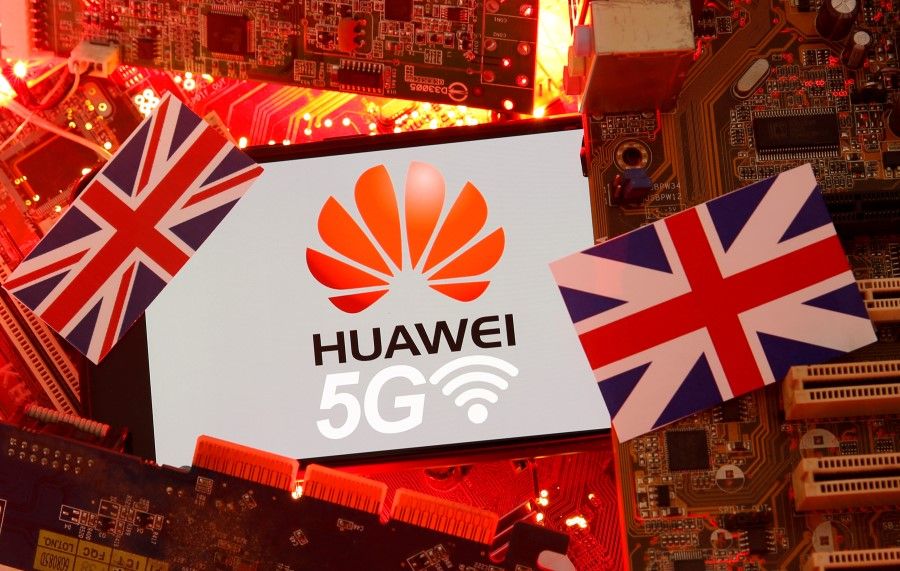Why Asia needs to worry about transatlantic tensions

Transatlantic tensions such as problems in NATO and US-EU tariff wars often make headlines these days. These are issues that people in Asia need to worry about more, because transatlantic tensions do affect Asia. We cannot be indifferent to the state of the relationship between the US and Europe for three reasons.
...if an American president tells Asians that "we will not help Europe, but are certainly committed to defending Asia", could that be credible?
First, those who share fundamental values like freedom, human rights and democracy need to worry about the decline of NATO's credibility. President Trump keeps criticising NATO and is reported as having threatened to leave the alliance. The situations in Europe and Asia are certainly different. However, if an American president tells Asians that "we will not help Europe, but are certainly committed to defending Asia", could that be credible? The answer is clearly no. If the credibility of NATO is declining, it needs to be seen as a symptom of a broader trend of the erosion of US willingness to defend its allies, inevitably affecting Asia as well. That is why, Asians should not indulge in "schadenfreude" - rejoicing at other people's misfortune - regarding NATO's problems.
Second, Europe could get closer to China in the midst of transatlantic tensions. As long as Europe's relations with the US remain contentious, it can be assumed that Europe would want other partners as an insurance policy. China, for its part, continues to make overtures to Europe, arguing that "China is a better and more reliable partner in terms of sharing values and concerns than the US", particularly regarding free trade, climate change and Iran.
Despite all the policy disagreements between the US and Europe, it is still the case that the transatlantic partners share much more with each other than with China. However, such a fundamental reality tends to get overlooked amid anti-Trump sentiments in some quarters of Europe.
Europe could become more inward-looking in the coming years, in part driven by difficult relations with Washington.

Europe is not that naive - or more precisely, less naive these days than it used to be - and does not necessarily buy Beijing's propaganda. Still, it needs to be remembered that Europe-China relations tend to be close when transatlantic relations are in a bad shape, as seen during the George W. Bush administration in the early to mid-2000s.
Third, Europe could become more inward-looking in the coming years, in part driven by difficult relations with Washington. Europe's increasingly popular notions of "strategic autonomy" and "European sovereignty" have an element of making Europe more inward-looking, at least for the short term, because consolidating the internal cohesion of Europe is the necessary first step to achieve such goals. In short, Europe has good reasons to concentrate on internal problems rather than taking the lead in maintaining the rules-based international order.
As the issues above continue to develop, there are at least two things Asians need to do. First, we need to pay more serious attention to the state of transatlantic relations, including, most crucially, the US approach to Europe. The Trump administration argues that it believes in the strategic importance of the Indo-Pacific region and the strategic rationale for Washington to focus more on the challenges from China is well-established.
... Trump has visited Europe 11 times and only six times in Asia...
Nevertheless, it is also a reality that while President Trump has skipped a number of important multilateral meetings in Asia, such as the East Asia Summits (2018 and 2019) and the Asia-Pacific Economic Cooperation summit (2018) over the past few years, he travels more to Europe to attend NATO summits, World Economic Forum and other gatherings and bilateral meetings. Since taking power in January 2017, Donald Trump has visited Europe 11 times and only six times in Asia (including two visits to meet North Korea's Kim Jong-un). This raises a question as to whether the strategic shift of the US to Asia is genuine and can be supported by evidence.
The transatlantic relationship has always been multifaceted and contained both the cooperation and conflict elements. Before claiming that Asia has arrived, we still need to understand the nature of transatlantic relations, not least the way in which Washington deals with its European allies.
One of the thorniest issues between the US and Europe these days is whether the Chinese company Huawei should be completely banned from the 5G networks in Europe or if the company should be allowed a limited role there. The Trump administration is stepping up its pressure to ban Huawei while some European countries, most notably including the UK, the closest US ally in Europe, are resisting US intervention. The outcome of this could have far-reaching implications beyond Europe.

Second, Asia could "use" Europe better in dealing with challenges in the region and beyond, given the increasingly complex nature of Asia's political and security landscape and the relative decline of American power. Europe can never substitute the role of the US in the region for sure and few in Asia expect Europe to replace the US either. However, the necessity of having alternative and supplementary partners seems to be increasing.
Relations with the US are always important in Asia and people keep talking about the country and at least the business community and government officials who deal with Europe also pay constant attention to Europe. However, the relationship between the US and Europe as an important factor in international relations is often overlooked in the foreign and security policy discourse in Asia. One might argue that the importance of the transatlantic relationship is declining, an argument to which this author fully agrees. Nonetheless, the state of the transatlantic relationship still matters more than many people in Asia might think.
